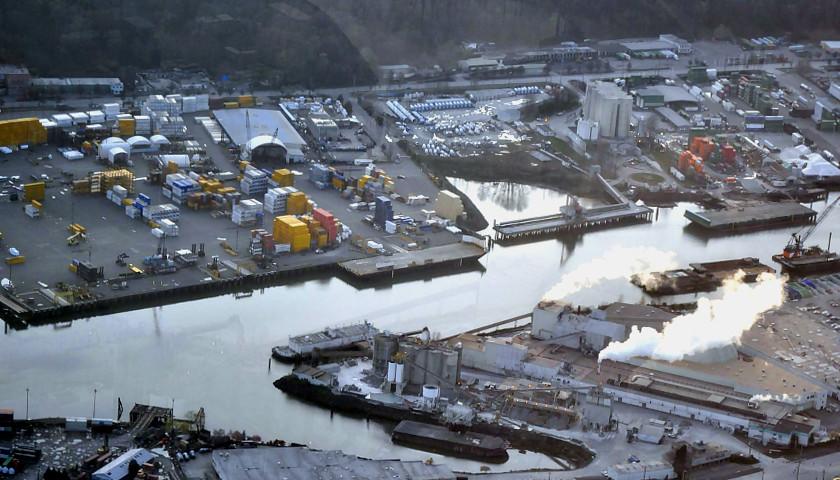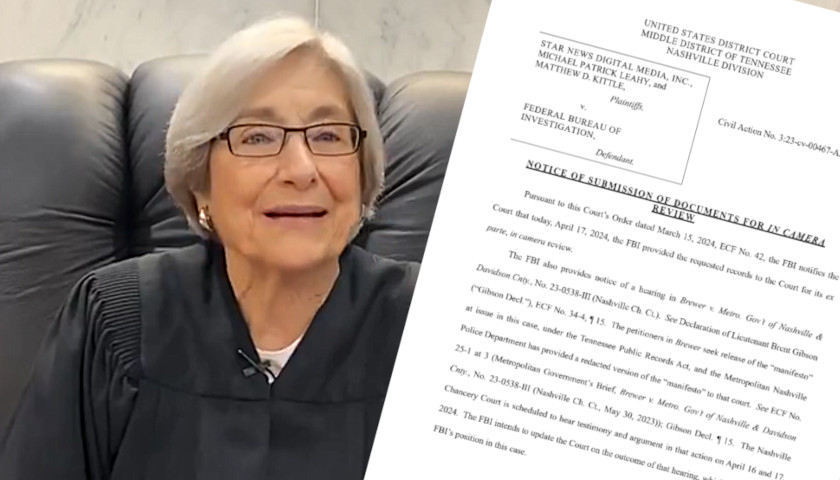by Timothy Schumann
A federal judge will allow the city of Seattle’s multi-million dollar case against Monsanto for PCB contamination of the Duwamish River to move forward.
The decision comes in the footsteps of the Washington state attorney general’s office, which three years ago received a $95 million dollar settlement from the same corporation.
U.S. District Judge Richard Jones on Thursday denied a motion by Monsanto for what is known as a “summary judgment,” which would have ruled in Monsanto’s favor and dismissed the suit outright.
Polychlorinated Biphenyls, or PCBs, “are a group of synthetic organic chemicals that can cause a number of different harmful effects” and have “no known natural sources,” according to the CDC.
Governed by the Toxic Substances Control Act, passed by Congress in 1976, “[PCB’s] have been shown to cause cancer in animals as well as a number of serious non-cancer health effects in animals, including: effects on the immune system, reproductive system, nervous system, endocrine system and other health effects,” according to the EPA informational page on the chemicals.
The city alleges these pollutants, manufactured and sold by Monsanto, will now require the construction and build-out of a water treatment plant that will cost the city millions.
The ruling by Judge Jones is not the first time Monsanto has tried to have the case dismissed.
Jones’ ruling followed on the heels of a similar attempt by Monsanto which argued the city did not have standing to sue by trying to include the city of Seattle with the already settled case granting $95 million to the State.
“There is no concurrence of identity of the parties. As noted above, the ambiguity of the term ‘agencies’ in the State Settlement Agreement and the extrinsic evidence provided by the city demonstrate the city was not intended to be included in the State Settlement Agreement,” argued U.S. Magistrate Judge Michelle Peterson this April in her 22 page recommendation.
Monsanto, which went defunct in 2018 and had its assets acquired by German multinational pharmaceutical and biotechnology company Bayer, asserts it doesn’t carry liability for any damages.
“The City cannot prove that Monsanto’s conduct constituted a nuisance as the sale and lawful manufacture of PCBs was expressly authorized by federal statutes, and Washington law expressly exempts it from being deemed a nuisance,” a representative for Monsanto said in a statement, Courthouse News reported.
– – –
Timothy Schumann is a staff reporter at The Center Square.
Photo “Duwamish River” by Joe Mabel CC3.0.








